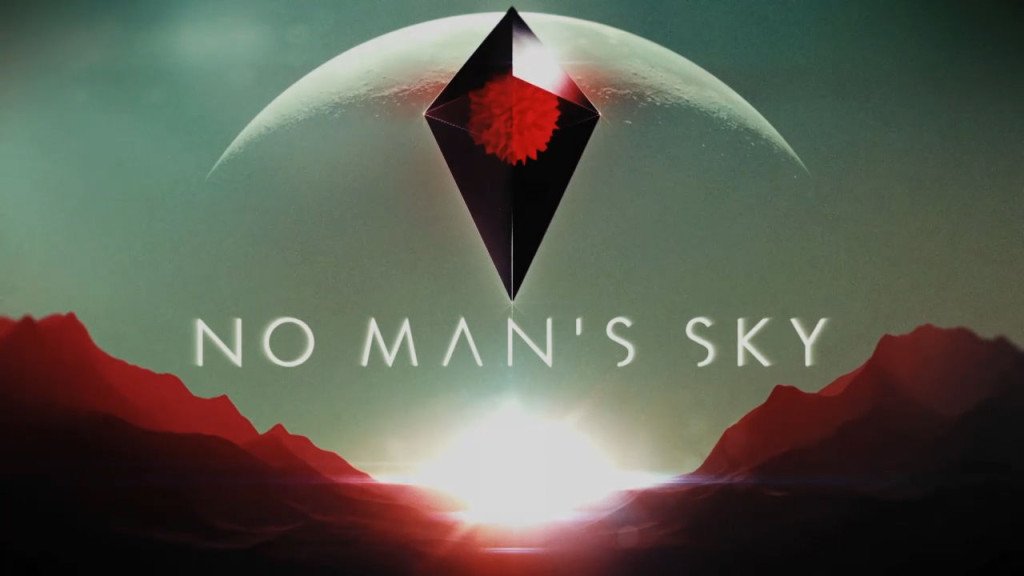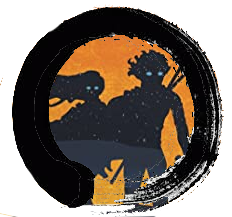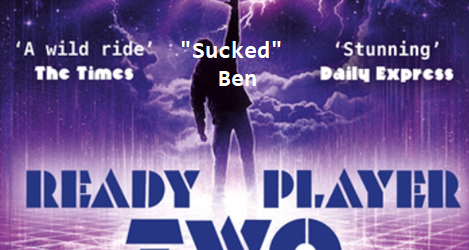The Beautiful Purgatory of No Man’s Sky
Recently, our sister podcast Words About Games did an episode on No Man’s Sky. They did an excellent job of dissecting and analyzing all of the new content, game design, and technological accomplishments of Hello Games’s flagship product. If any of that sounds interesting to you, then I highly recommend listening to their podcast. I will not be talking about any of that.
Instead, I want to focus on the story of No Man’s Sky. As Justin rightly points out in the Words About Games episode, it is a story best experienced with no prior knowledge, so if you would like a spoiler free experience stop reading and go play the game. Everything below the following image will venture into spoiler territory.

On the surface No Man’s Sky is a functionally limitless, procedurally generated, exploration and creation sandbox. There are literal worlds of things to do, materials to gather, and projects to create. Hello Games has given no indication that they intend to stop adding content to No Man’s Sky anytime soon, and each patch makes the game more appealing.
I suspect that many players will start out following the quest list, but quickly find themselves distracted by a neat looking planet or a base building project. I personally gravitated toward becoming a wealthy fleet captain, building my collection of frigates and starships. Eventually though, the player will feel the tedium creep in.
It might be time to see what those story missions were all about. An observant player might have noticed that in their explorations there have been hints that something is not quite right in the world of No Man’s Sky. The repetition of the number 16. Strange worlds with apparent glitches in reality. The crimson eye watching from the clouds. Translucent travelers of strange races unlike any that are native to the galaxy. And what are the sentinels, anyway?
There are several different paths a player can embark on in No Man’s Sky. I’m not going to go into all of them in detail, because all paths lead to the same truth in the end. As the player explores to find resources to build better equipment to explore further to find better resources they will inevitably begin to feel the grind. The quest line will send them zapping around the galaxy to far flung star systems with new planets and new bits of lore about the galaxy and it’s races. The main questline often only requires that the player stay in these star systems for a few minutes to gather a rare metal or two and move on, but all the procedurally generated shinies of No Man’s Sky beg the player to stay. The player may wonder if they should set up a quick base on a particularly interesting planet, just so they don’t lose it.
Again, the tedium will probably creep in and these pleasant distractions will be ignored. Whatever interesting tidbits the player found or projects the player started will become tiresome. The quest for the true meaning of the game will begin again. The player may search for the lost traveler Artemis, or they may pay tribute to the godlike Atlas.
Both paths will lead the player to an uncomfortable conclusion. Creation is wrong, and some force is manipulating it. 16//16//16//16. What is the Atlas? Why does it have so much power? Suddenly, there’s a new impetuous to get to the bottom of the mystery. The player may rush to the finish. Blasting from system to system. No purple trees, magnetic volcanoes, or alien monster can compete with the allure of this final mystery.
Then the player finds the answer. The Atlas is the world. It requires neither worship, nor adoration. It requires only input from its users. It built these galaxies, stars, and sentient species. It did all this for you to observe and interact with. The whole of creation in No Man’s Sky is just a…procedurally generated simulation.
“We live in illusion and the appearance of things. There is a reality. We are that reality. When you understand this, you see that you are nothing, and being nothing, you are everything. That is all.”
―
Completing the story in No Man’s Sky does not end the game. There is lore that indicates that “16” represents the number of minutes of real-world time the Atlas will remain in operation. But this is a simulation, after all. Trillions of years could be simulated by the Atlas in 16-minutes. There’s no need for immediate panic. This means that what the player does with their enlightenment is up to them. I suspect many stop playing until the next update comes out. Many probably go back to enjoying the simple pleasures of building a base.
What I find most interesting about No Man’s Sky is the incredible power of stating the obvious after guiding the user through a simulated experience. No Man’s Sky is a procedurally generated simulation. It was created for us, the travelers, to explore. I could be wandering into Ben’s Douche Philosophy Corner here, but this game actually showed me something about consciousness and existence.
I’m not trying to say that I’ve achieved enlightenment from playing No Man’s Sky, not even close. What I am saying is that No Man’s Sky made me care about it’s “tangible” material world. I was invested in it. I wanted to build bases and fly spaceships, but after I was allowed to do whatever I wanted for a long enough period of time I ultimately found all my worldly pursuits unsatisfying. I went on a “spiritual” journey, looking for the meaning.
The galaxies, the sentient beings and their wars and cultures, even the spiritual quest itself, they were all just data points that I reacted to. They had no deeper meaning.

No Man’s Sky manages to encapsulate a small piece of the mystery of existence and the thrill of discovery. I could be giving the developers too much credit here, but I think it also has something very real to say about spirituality as well. This is the kind of message that the video game medium was built to send. The more Hello Games is able to add to No Man’s Sky the more beautiful their purgatory will become, the more people it will attract, and the more powerful the realization that it’s all canonically fake will be.





